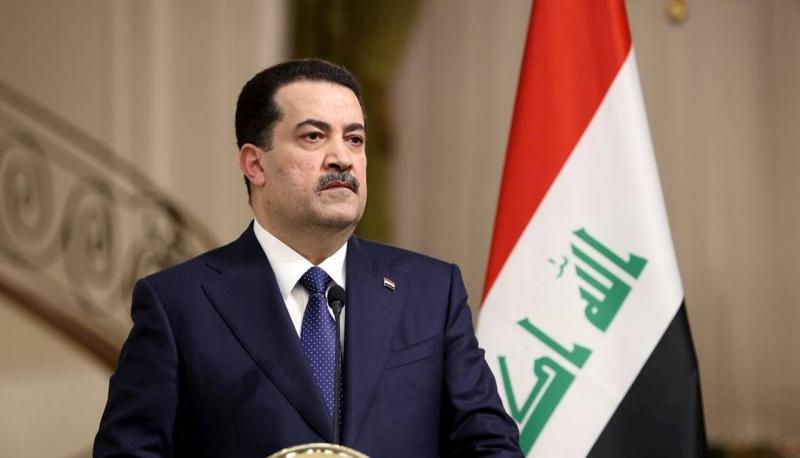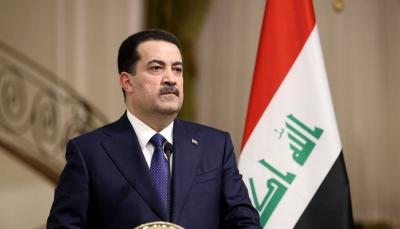The leaders of the framework are engaged in a political struggle with Prime Minister Mohammed Shiya al-Sudani, following over a year of concealing the conflict by passing the requests of framework leaders and securing positions of influence and important roles in the state and government institutions. This has marginalized independent competencies due to the infamous quota system. The struggle has become apparent with the approach of parliamentary elections and the call to replace the “Saint Lego” electoral law with a multiple-district law. This would mean that if al-Sudani runs with the framework list, he would obtain only one seat, or he may be forced not to run, keeping his bloc out of competition, as happened in the provincial council elections, in exchange for being reappointed for a second term as prime minister.
Al-Sudani realizes that visible achievements in front of the public are key to securing a comfortable number of parliamentary seats, qualifying him to attain the position of prime minister. This is especially true as the cadres and elements of the "Furatain" movement have begun to organize and engage in popular circles in various neighborhoods and areas of Baghdad and the provinces. With the emergence of popular acceptance of al-Sudani, the danger of him seizing the prime minister position is a reality that threatens certain leaders of the framework. Moreover, such a move would strip them of their authority over Shiite leadership since political leadership is associated with power, as is customary in the Iraqi context and its central authority.
If al-Sudani's movement wins a comfortable number of parliamentary seats, it could form an alliance with effective Shiite parties, such as the Sadrist movement, leading to a sweeping dominance in the Shiite arena. Furthermore, it could receive support from both Sunni and Kurdish (Barzani) blocs, consequently pushing the framework parties out of power entirely. Key players within the framework have come to a firm conclusion to end al-Sudani's ambitions, just as they previously undermined al-Kadhimi's aspirations, imposing conditions on him not to run, despite the significant differences between the two personalities. Al-Sudani has garnered popular support and backing from popular mobilization factions, along with achievements in infrastructure projects like roads and bridges, which are timed to coincide with the start of the electoral marathon that the framework aims to obstruct.
The framework's strategy has been to select a prime minister with no parliamentary backing while subjecting him to conditions of non-candidacy and compliance with their requests and desires, referring to this approach as that of an executive general manager. However, al-Sudani, who has complied with many of their requests and directives, has managed to breach their siege by gaining numerous social segments and securing appointments for tens of thousands of jobs. He has avoided confrontation with any effective Iraqi party and presented a conciliatory approach regarding relations with both Iran and the USA, continuously striving to gain allies, which diverts attention from the mistakes committed within his government.
By the time of the upcoming elections, many peculiarities of Iraqi politics and its deviation from the mixed democracy project intertwined with political manipulation will manifest in the complex relationship between al-Sudani and the framework.




